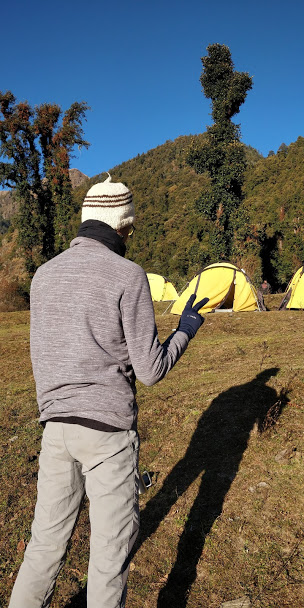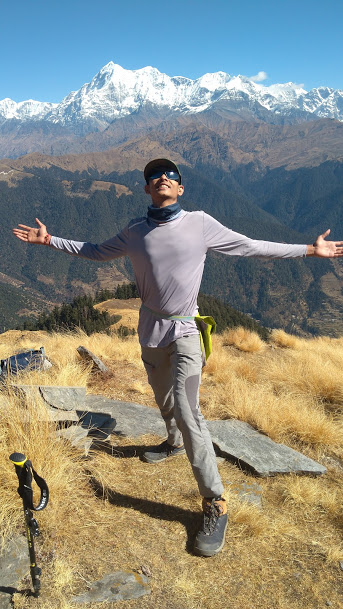A Trek to Remember: IIM Indore’s Himalayan Outbound Programme
#HOP #IIMINDORE #TrekLessons #LifeLessons #Leadership #Teamwork #OnlyIIMIndoreThings
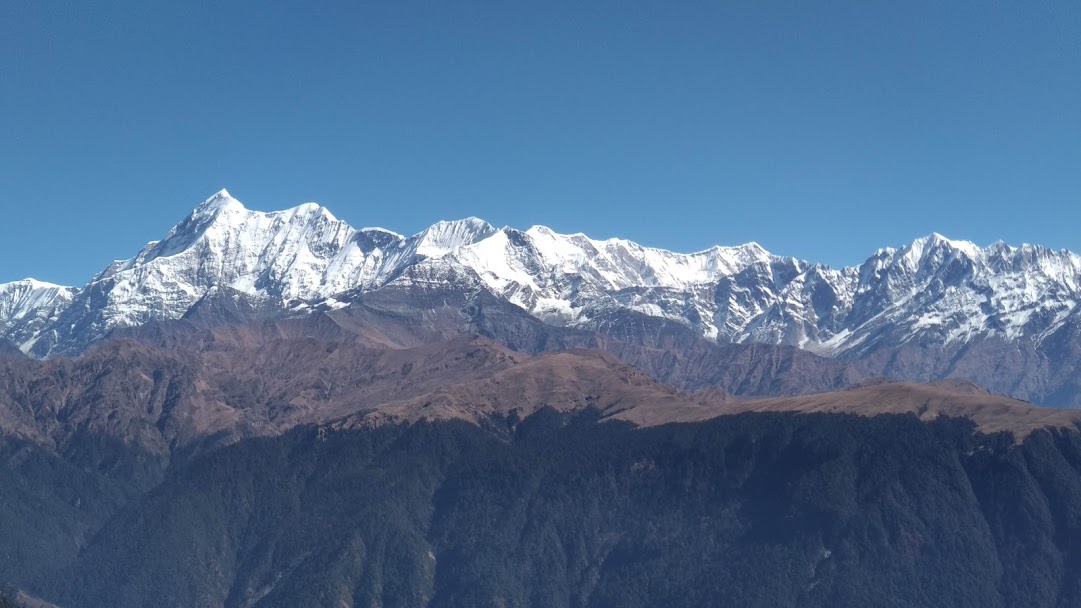
We began our journey all prepped with our not so light rucksacks prepped for every contingency that could have been generated on a case-to-case basis (we were ditching our suit-cases and case-studies behind for the rucksacks filled with survival tools) and hopped onto the trains and planes for an unforgettable HOP experience. (Himalayan Outbound Programme)
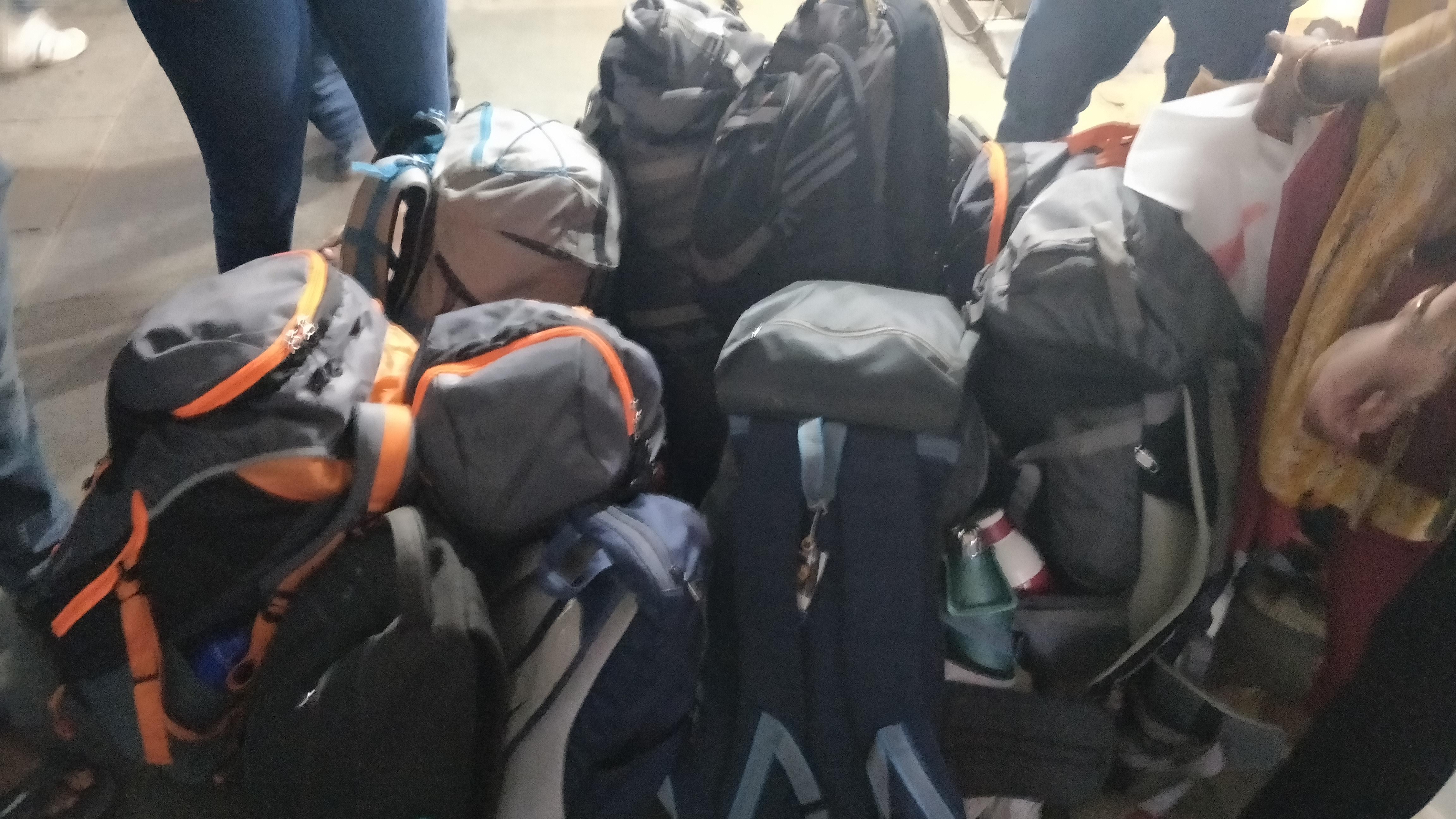
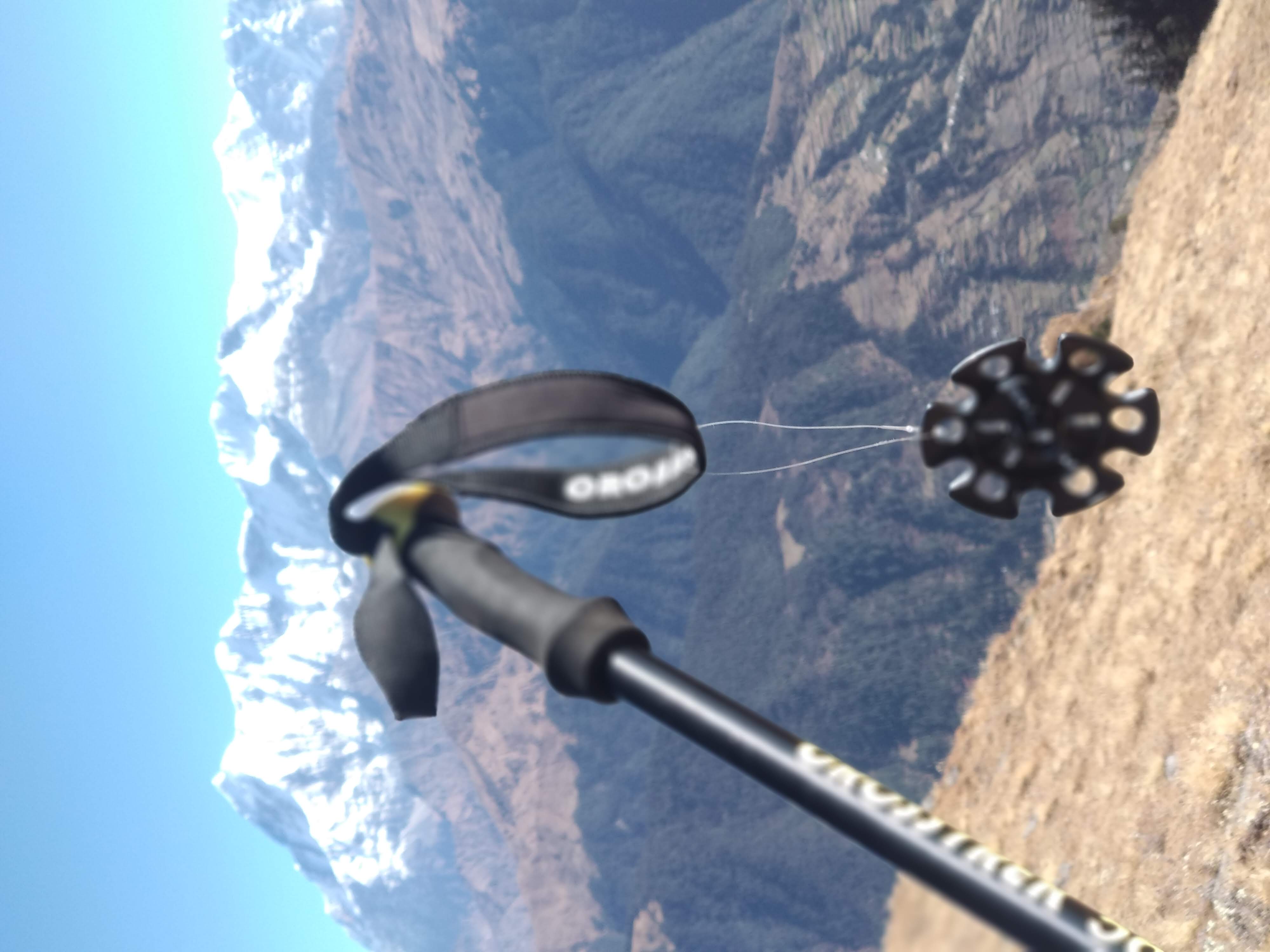
Himalayan Outbound Programme an amazing course pioneered by IIM Indore which requires students to undertake a high-altitude trek to peak summit at an altitude of 12,500 feet as a team, learning lessons in leadership and team dynamics along with pushing our own boundaries as we constantly challenge ourselves to conquer the ridges and terrains with steep ascent and quickly acclimatize to new conditions.
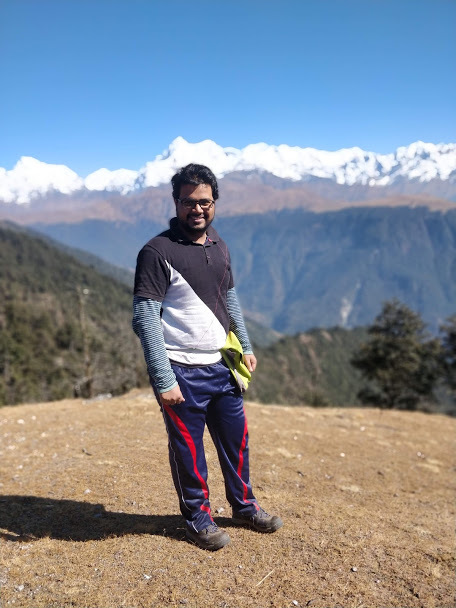
- Be Adaptive to your environment: As we reached our first base camp Lohajung at a height of 2,300 metres (approx. 7,700 feet) we had less than a day to acclimatize to high altitude conditions such as low temperature, less oxygen saturation etc. before the next day began at 5:30 a.m. Much like the real life, we had little time to adjust to our surroundings but the earlier we aligned ourselves to the environment the better. Same applies to our corporate roles and lives! B-School life is just a preview!
- Find the strength even in your team’s weakest link: As the 1st day of trek ruthlessly shared a reality with us. Not all members in the teams were equally fit to even comfortably complete the trek, you could see the effort they took to climb up the trail. Some flew effortlessly from one point to another, while others trudged along. The more fit members helped less fit ones in carrying their rucksacks (offloading had negative points). But we soon discovered that these same members could contribute well in other activities. The sooner we identified the specific strengths and weak points of each team member the easier the tasks became for us due to right work allocation.
The lesson -- change the rules of the game where you are as strong as the weakest chain of your link. Make the weakest link at least as strong in one aspect as the strongest link in another.
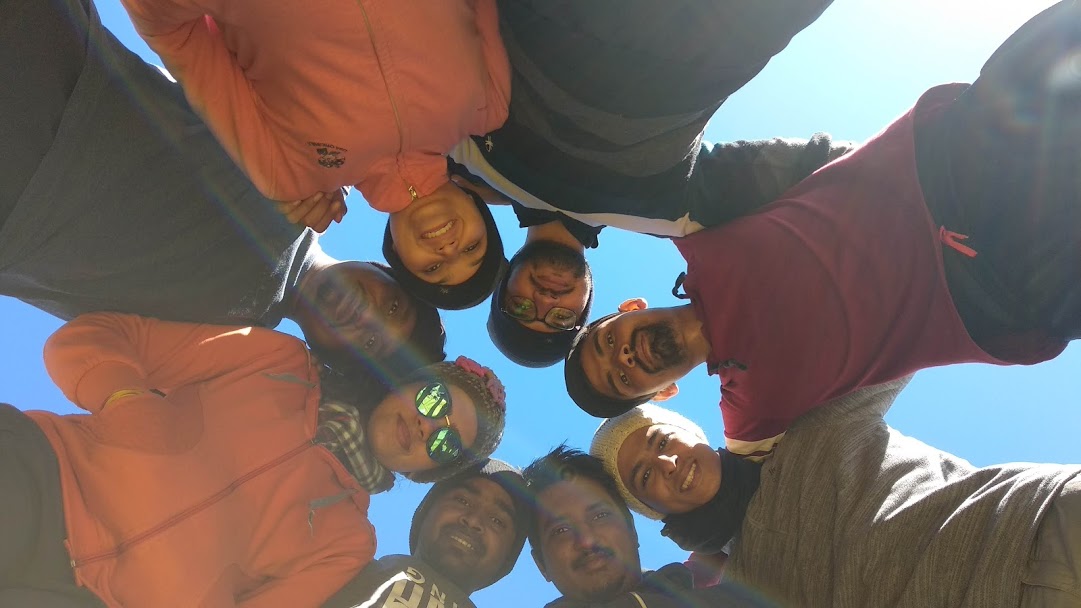
3. Lead in different ways: The carrot and stick approach will not work always and neither will be going over the board and overdoing the motivational push. During the trek, team members who were behind the decided pace were soon bugged up by the pestering calls from members leading ahead as they struggled to complete the trek and the ones trying to motivate the members to achieve fastest arrival rank at the next base camp soon got tired and exhausted from the ritual, often feeling disoriented and demotivated from lack of positive reaction. There was an important learning hidden in the situation. Leading doesn’t always mean the conventional way of making someone follow your own steps or actions or directing someone towards goals, it can simply mean being there to support in the backstage and giving a small nudge to the individual.

4. Journey is as important as the destination: It wasn’t just about the views at the summit peak our destination, but the whole trek journey during which we overcame many obstacles, learnt a lot of technical skills on our first high-altitude trek and most importantly enjoyed the whole journey rather than just focusing on the accomplishment of making it to the summit peak as a team. We helped out team members from different teams despite a competitive spirit, had lots of fun while being ranked at the same position, built relationships that will last for a lifetime. Otherwise, it would have been just too quick and boring, not to mention the burnout it would have created in all of us if we were all too focused to make it in a fast and furious way to our goals. Take micro-steps in your ascent efforts as small efforts do add up, that course you did last summer out of enthusiasm or that internship which you volunteered for when you could have easily enjoyed are all micro-steps towards your end goal, keep going small and steady.
The trek has taught me the importance of the path and journey in my personal and professional life despite the goals being of significant importance. It is important to not miss out on the small joys of the journey in the light of big goals.
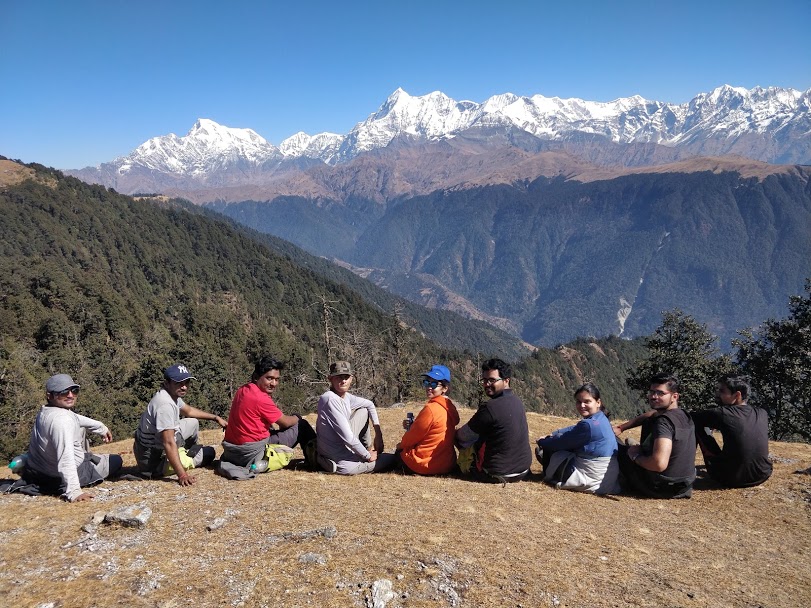
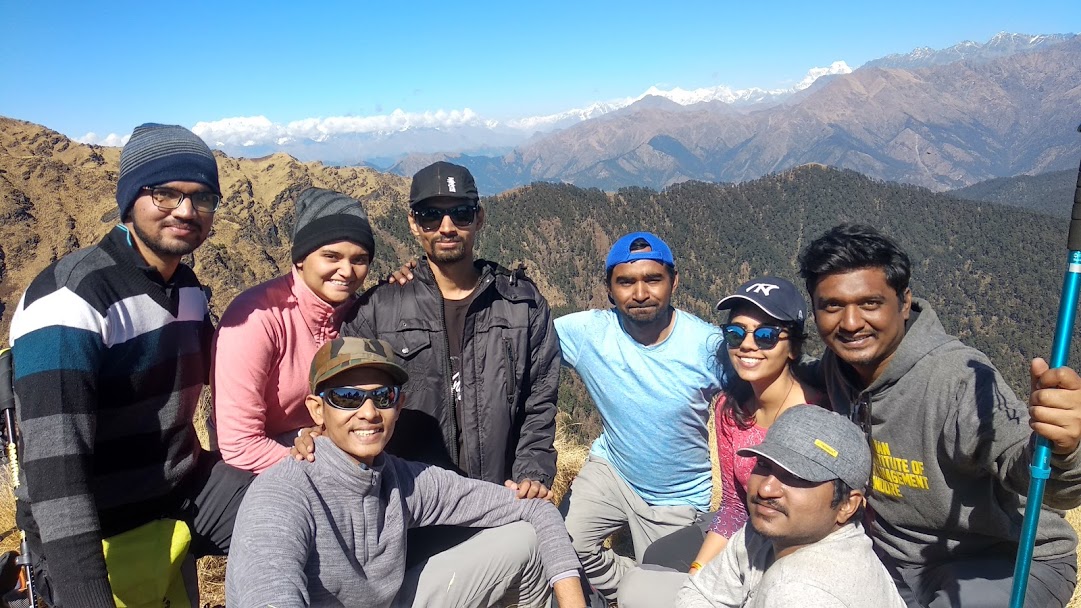
5. Save your energy for the descent too:
We were happy to reach the peak summit but the descent to the next basecamp through the forest meadow proved to be harder than we thought as the 10 minutes of trail turned into 2 hours. The important lesson: you can’t stay forever at the top; someday and sometime you will have your own ups and down and it’s important to save some energy, effort and money for those rainy days too. Equally important is to treat your fellow individuals with humility, gratitude and respect during these journeys of ascent and descent.
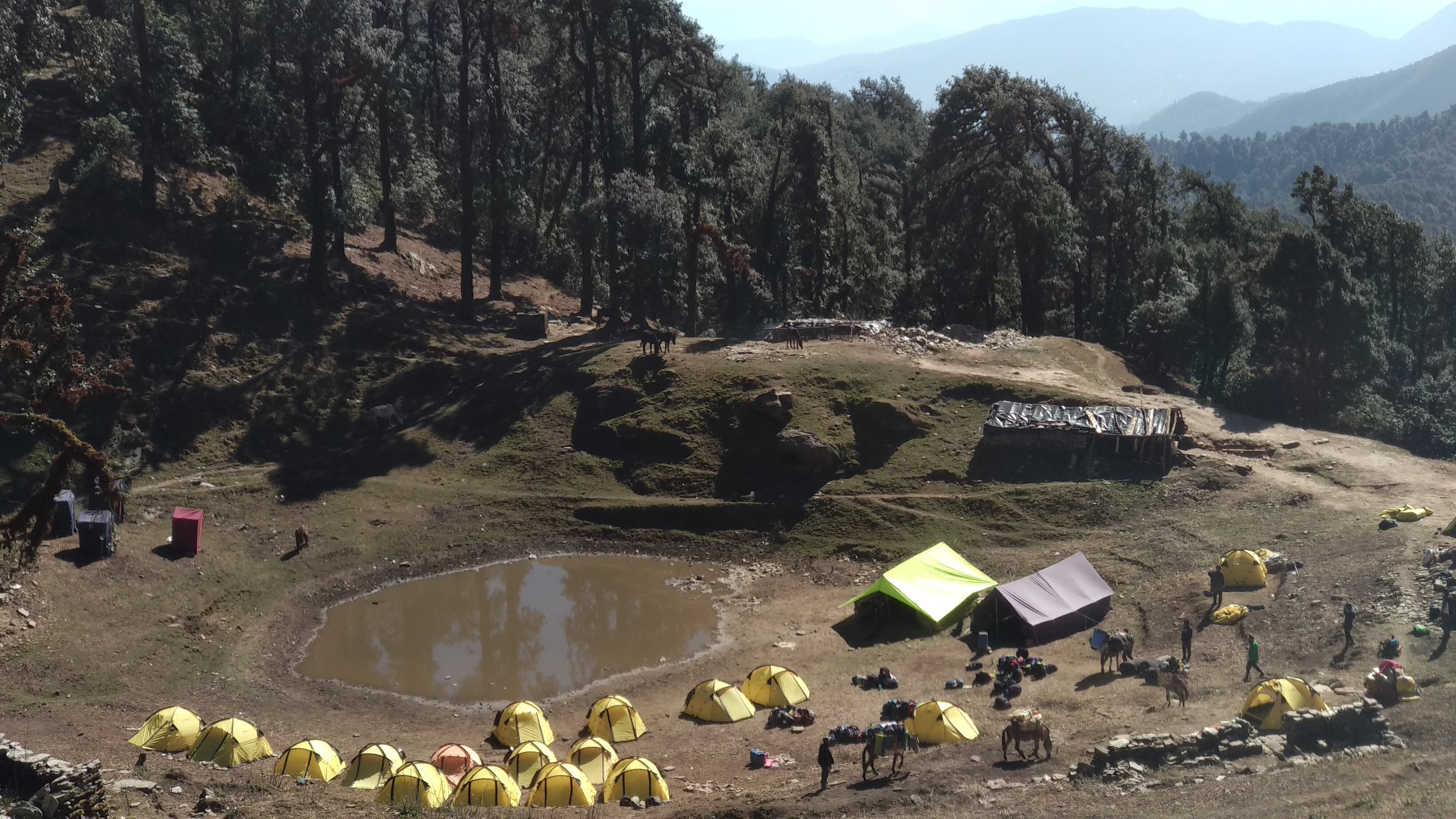
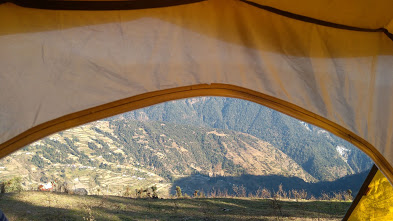
Until the next time!
Kabir
Brahmatal Trek HOP 2018
IIM Indore
